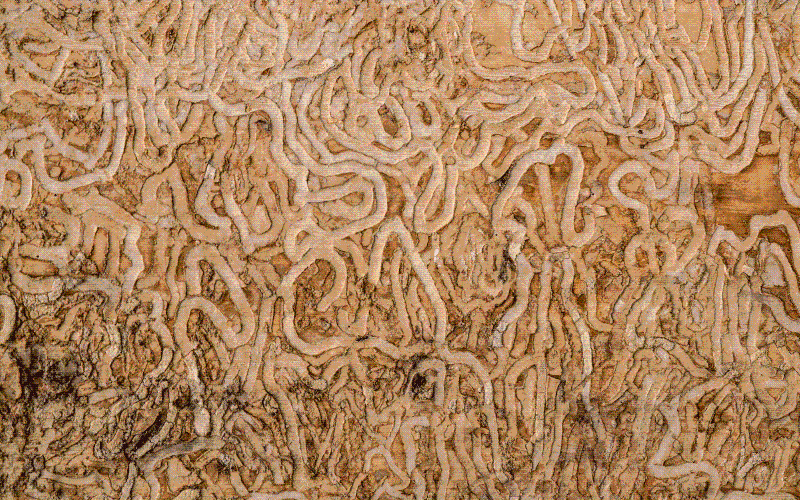
Plant Health: Defra Tweaks Regulations and MPs Hear from Industry
Firstly, there will no longer be any specific import requirements for two species of walnut (Juglans ailantifolia and Juglans mandshurica) and the Japanese wingnut (Pterocarya rhoifolia).
Secondly, the fringe tree (Chionanthus virginicus) will become subject to specific import requirements as per Annex 7 of the Phytosanitary Conditions Regulation.
The specific import requirements involve the plant being accompanied by an official statement which says it has been grown for more than two years or in certain areas.
Conifer plants
Defra is also changing the way it regulates conifers in response to the plants now being grouped at the class level (Pinopsida) rather than the order level (Pinales).
By amending its regulations to reflect this, the department will ensure that any measures aimed at conifers will apply to all species and not just those at the order level.
UK plant passports
Finally, officials have further delayed a requirement on importers of plants to Great Britain from the EU to attach UK plant passports until 31 January 2027.
This easement means that importers with the authorisation to issue passports can continue to ask EU suppliers to attach them on their behalf for almost another two years.
Defra and various stakeholders will continue work on developing a modern, electronic solution for this issue and we still await an SPS agreement between the UK and EU.
Plant health inquiry
Meanwhile, the MPs who hold Defra to account have held a further oral evidence session as part of their animal and plant health inquiry.
The Environment, Food and Rural Affairs Committee spoke to industry experts on how effective border checks are for ensuring biosecurity and facilitating trade.
Members heard that the vision of the Boris Johnson government to have ‘the world’s most effective border’ by 2025 had not been realised.
The industry experts shared concern around the impacts of the new Border Target Operating Model, in terms of the added burden and cost, being more than just teething issues.
The Committee is expected to report its findings soon, potentially making recommendations for government policy, and BALI will continue to keep tabs on developments.
